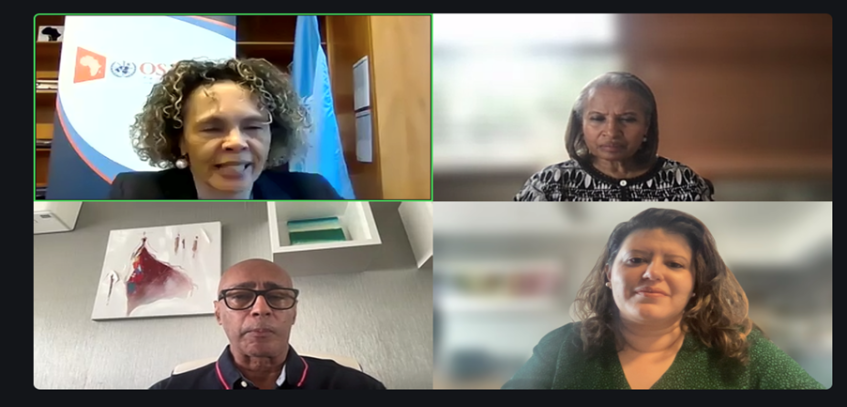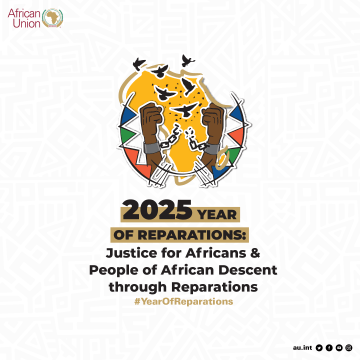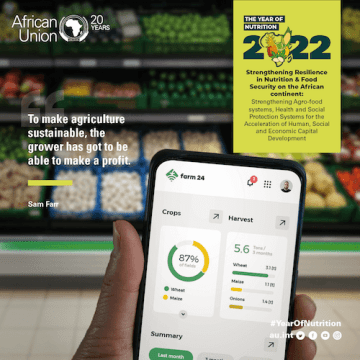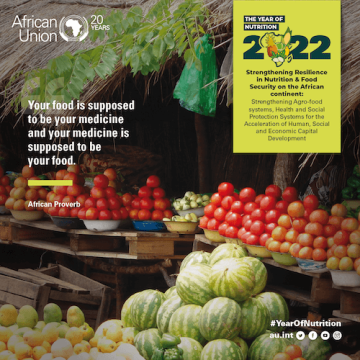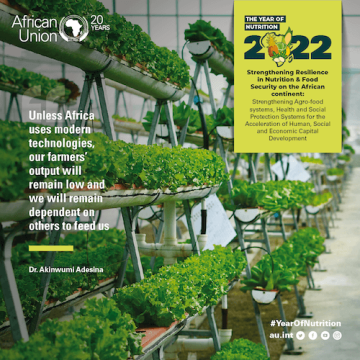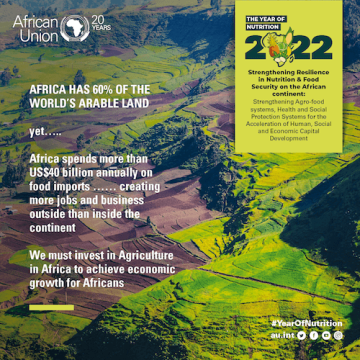Johannesburg, 6 December 2024 – The Continental Secretariat of the African Peer Review Mechanism (APRM), in collaboration with the United Nations Office of the Special Adviser on Africa (OSAA) and the United Nations System Staff College (UNSSC), recently supported the virtual online course titled “The Peace and Development Nexus in Africa: Governance, Financing, and Country Systems”. This four-week course was designed to equip policymakers with the tools and knowledge necessary to create and implement Africa-centric solutions aimed at fostering the continent’s development.
The online programme targeted African government officials and partners involved in policy formulation and implementation, particularly those working in ministries such as finance, agriculture, education, energy, and interior affairs. The course focused on tailoring action-oriented policymaking to Africa’s unique circumstances, thereby accelerating progress toward the 2030 Agenda for Sustainable Development and the African Union's Agenda 2063.
As part of the series, the APRM supported the fourth webinar titled “Controlling Economic and Financial Flows Requires Strong and Effective.
Institutions and Governance.” This session was informed by OSAA’s 2024 flagship report, “Unpacking Debt in Africa: Towards a Lasting and Durable Solution”, which highlights the critical role of strong institutions and good governance in addressing Africa’s debt challenges and fostering sustainable development.
The webinar was moderated by Ms. Cristine Duarte, Under-Secretary-General and UN Special Adviser on Africa. Esteemed panelists included: Dr. Geraldine Fraser-Moleketi, Chancellor of Nelson Mandela University and Chair of the UN Committee of Experts on Public Administration (CEPA); Prof. Augustin K. Fosu, renowned Economist and professor at the Institute of Statistical, Social and Economic Research (ISSER), University of Ghana; Mr. Helio Varela, Expert in Digital Governance; and Ms. Sara Hamouda, Agenda 2063/SDGs Continental Governance Officer.
The discussion underscored that effective governance is essential for mobilising domestic resources and promoting policy coherence across sectors. Speakers emphasized that by strengthening policy cohesion, digital public infrastructure (DPI), and financial management systems, African countries can boost resilience, improve debt management, and lay the foundation for long-term economic growth.
Dr. Geraldine Fraser-Moleketi stressed the need for African nations to refine their microeconomic planning and national development plans to better reflect real-world challenges. She also called for stronger institutions to support these goals. Mr. Varela highlighted the potential for technology and digital transformation to advance the education, healthcare, and knowledge sectors across the continent, while Prof. Fosu noted that overregulation in many African countries hinders development and called for more market-friendly policies.
Ms. Sara Hamouda provided insights into the implementation of transparent, inclusive governance and participatory policies. She also shared findings from the final phase of the APRM-OECD pilot initiative, which conducted an institutional scan assessment of policy coherence in Ghana, Namibia, South Africa, and Kenya. The assessment found that while Africa’s unique context offers opportunities, these countries face significant challenges in mobilising domestic resources for Agenda 2063 and the SDGs, particularly around budgeting, procurement, and impact assessment.
The webinar also highlighted the critical role of awareness campaigns and multi-stakeholder participation in ensuring the success of policy coherence. Representatives noted the limited involvement of parliamentarians and the private sector in holding governments accountable and securing funds for development programs.
The session concluded with a call to leverage the ongoing APRM-OSAA partnership to address these challenges through both continental and national programs.
About the APRM: The African Peer Review Mechanism (APRM) is an autonomous entity of the African Union, established in 2003. It functions as a voluntary self-monitoring tool for African Union Member States, aimed at promoting and strengthening governance in four thematic areas: Democracy and Political Governance, Economic Governance, Corporate Governance, and Socio-Economic Development.

